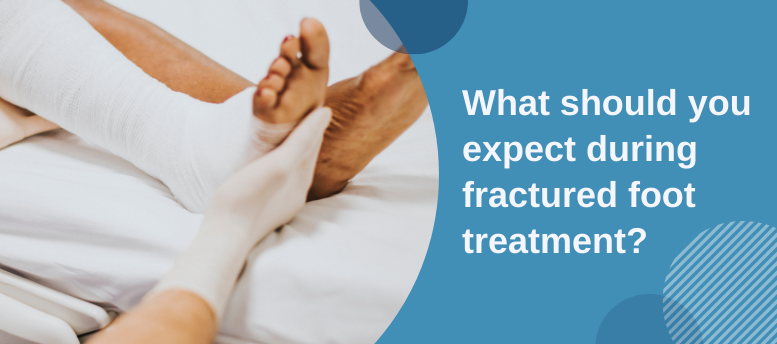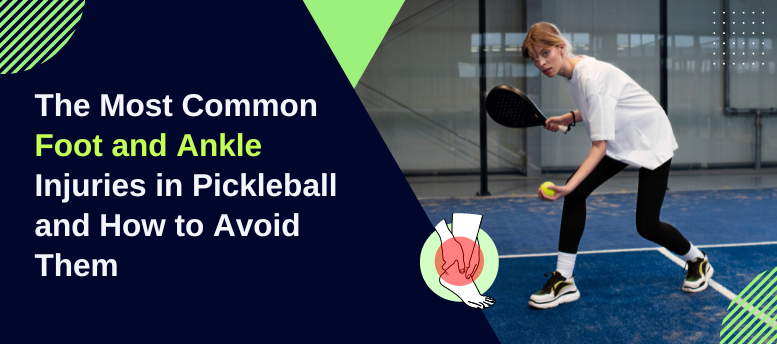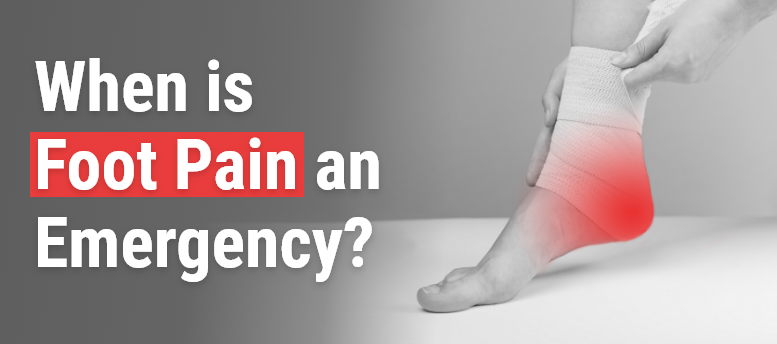Pregnancy is a beautiful journey, marked by anticipation and numerous physical changes. Among these changes, some less talked about yet common issues are foot-related problems, such as ingrown toenails. These can be painful and inconvenient, especially during a time when you want to focus on preparing for your new arrival. Today, we’ll look into why ingrown toenails occur during pregnancy and how to manage them effectively.
Understanding Ingrown Toenails During Pregnancy
An ingrown toenail happens when the edge of a toenail grows into the skin of the toe. This can cause pain, redness, and swelling, and if not treated properly, it can lead to an infection. During pregnancy, several factors contribute to the risk of developing ingrown toenails. The most significant of these are hormonal changes that can lead to fluid retention, swelling in the feet, and changes in the curvature of nails. Additionally, as the baby grows, increased weight puts more pressure on your feet, exacerbating foot issues.
Foot Care Routine
Establishing a daily foot care routine is crucial during pregnancy. Start with keeping your feet clean and dry. Wash your feet daily with mild soap and water, and make sure to dry them thoroughly, especially between the toes, to prevent any fungal infections. After cleaning, apply a moisturizer to keep the skin supple, but avoid the areas between the toes to reduce the risk of fungal growth.
Proper Footwear
The importance of wearing the right footwear cannot be overstressed. During pregnancy, opt for shoes that fit well and provide good support. High heels are not advisable as they can increase the pressure on the toes and lead to foot problems, including ingrown toenails. Instead, choose footwear with a wide toe box that doesn’t cramp your toes and provides adequate arch support. As your pregnancy progresses, you might also find that your shoe size increases, so ensure your shoes fit correctly and are comfortable.
Regular Nail Maintenance
How you trim your toenails can significantly impact whether you develop ingrown toenails. Always cut your nails straight across and not too short, as this helps prevent the corners of the nail from digging into the skin. Avoid rounding the corners of the nails, which can encourage them to grow into the surrounding skin. If you find it difficult to reach your toes because of your growing belly, consider getting help from a family member or visiting a professional for a safe pedicure.
Consulting a Podiatrist
If you’re experiencing persistent pain or signs of an infection from an ingrown toenail, it’s important to seek professional advice. For those in the Boston area, consider visiting a podiatrist who can provide specialized ingrown toenail infection treatment. Podiatrists can offer treatments that might include lifting the nail, removing part of the nail, or in some cases prescribing antibiotics if an infection is present. For urgent care ingrown toenail cases, look for services like those at Urgent Care for Feet in Boston, which specialize in dealing with such foot-related ailments.
Hygiene Practices
Good hygiene practices go a long way in preventing ingrown toenails. Keep your feet clean and dry, and change your socks daily. If you participate in activities that make your feet sweat more, consider using antifungal powders or sprays to keep your feet dry and prevent fungal infections.
When to Seek Urgent Care
While most ingrown toenails can be treated at home, you should not hesitate to seek urgent care for an ingrown toenail if you notice signs of infection, such as increased redness, swelling, pus, or severe pain. These symptoms could indicate that the ingrown toenail needs medical intervention, and delaying treatment can lead to more severe complications.
Conclusion
While ingrown toenails can be a painful side effect of pregnancy, with the right precautions and care, you can manage and often prevent them. Remember to maintain a routine of proper foot care, wear the right shoes, and keep your toenails trimmed properly. Should you need professional care, don’t hesitate to consult a podiatrist in Boston, particularly if you’re experiencing significant discomfort or signs of infection. Taking these steps will not only help keep your feet healthy but also make your pregnancy journey more comfortable. For more information or urgent needs, visit the specialists at Urgent Care for Feet and ensure your foot health is in the best hands.




